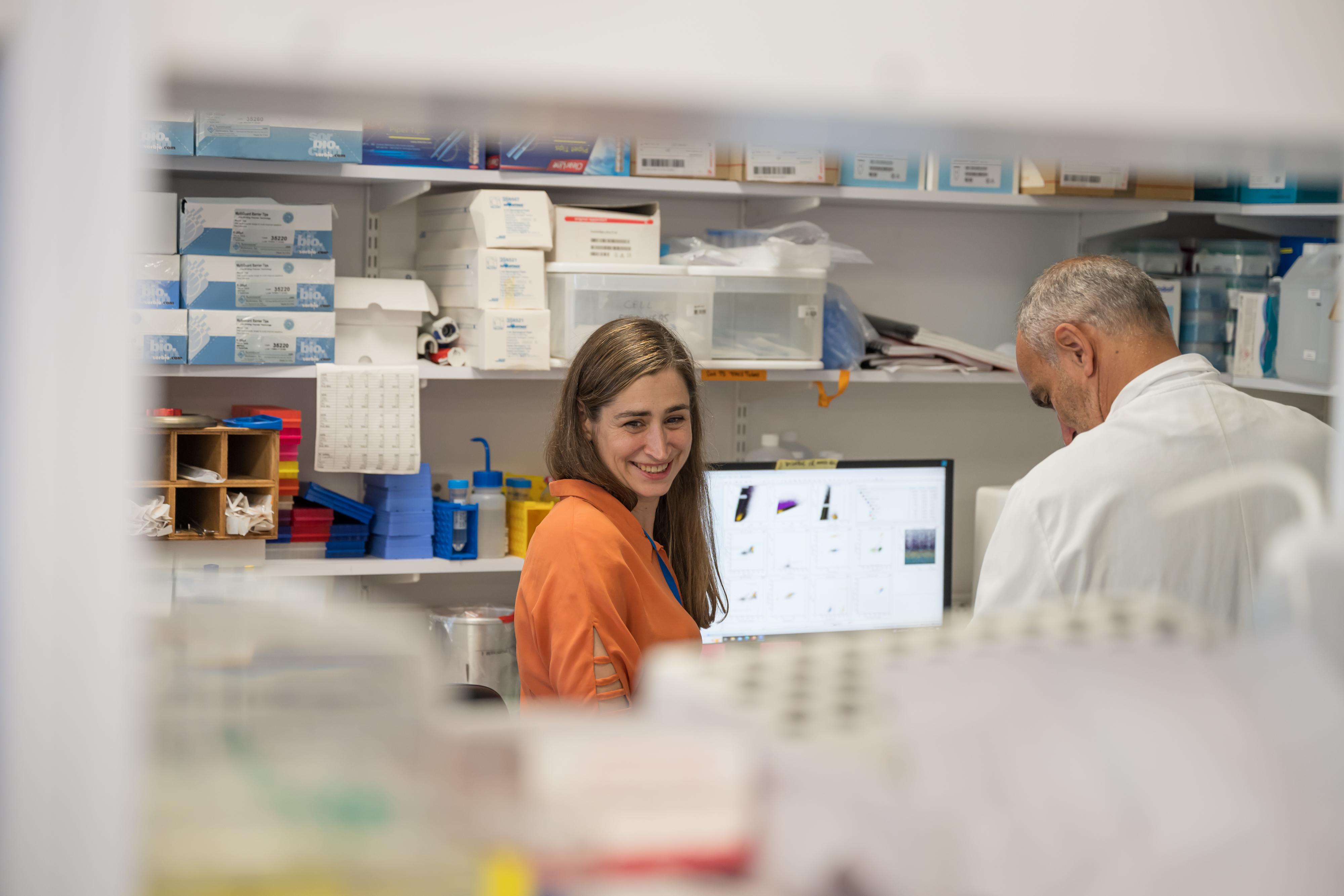What if helping others wasn’t just a selfless act? A study published in Evolution and Human Behavior suggests that behaviors of help towards children, grandchildren, or those more distant from them would give a boost to longevity. Scientists at the University of Basel in Switzerland studied 500 people aged 73 to 103. They noticed that those who take care of their grandchildren live longer than others: half of the caregivers are still alive ten years after the start of the study, while half of the less dedicated grandparents die in the five years.
In the absence of grandchildren, helping children directly, such as housework, has the same effects on longevity. A pro-social behavior of the grandparents towards the children and grandchildren would make it possible to show the example of altruism for the future generations and to inscribe this model in their nervous and hormonal system.
Help without forgetting
And for those who haven’t had children, helping someone is still synonymous with longevity: half of the participants who provided emotional support to a third are still alive seven years after the research began, against 4 years for non-caregivers. But as with everything, not too much is needed. At high doses, helping can become a source of stress: caregivers, whether family or not, who overdo it risk exhaustion. Aid must remain moderate in order to maintain its beneficial effects on health.
To read also
Being altruistic is good for your health!
Being generous is good for the heart
Volunteering would make you happier


















